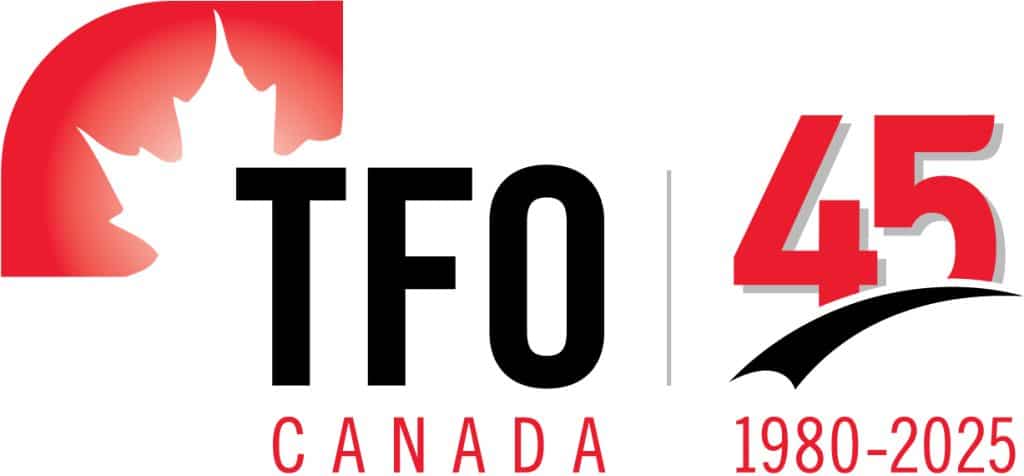Salon Virtuel Sur Les Produits Et Services Du Mali Svpsm 2021
Canada, with an estimated population of 37.6 million, is a huge world import market. It is a country whose economy is highly dependent on foreign trade, as evidenced by the many bilateral and multilateral trade agreements it has negotiated and signed with various countries to ensure the normal functioning of its economy.
The three key sectors of its import market which may be of definite interest to exporters from developing countries and Mali in particular are: agri-food, textiles and clothing, and home decor. Imports of agri-food products from Canada reached $11.2 billion in 2019, those of textiles and clothing $14 billion in 2019, and home decor items $3 billion in 2019. These items originated mainly from the United States, China, the European Union (United Kingdom, Germany), Japan, and Mexico.
Canada also offers duty-free and quota-free access to least developed countries (LDCs) as well as lower than normal tariffs to more than 100 other developing countries, giving them a clear competitive advantage. This preferential Canadian Market Access Initiative has been extended until 2024.
Read more here
Women in Trade for Sustainable Growth and the Environment (WIT)
The WIT project aims to create or increase awareness among TSIs and SMEs regarding environmental impacts and opportunities in specific target sectors. It also aims to provide tools to assess the impact of SMEs on the environment and develop mitigation plans as key components of SME export strategies. Using a “do no harm” approach, the project aims to ensure that the SMEs involved have taken into consideration possible impacts on the environment and their contribution to climate change and have strategies in place to mitigate them.
The awareness-raising will highlight new opportunities such as green-tech that will positively contribute to reducing climate change impacts. The project will work with TSIs to increase their capacity to support SMEs in these areas. Using the partner profile, TFO Canada has assessed whether TSIs already have environment and climate change policies or programs in place. Based on the assessment, tailored training modules will be delivered to the TSIs to address potential gaps/areas of improvement. Furthermore, Market Studies in each target country will identify, the applicable environmental risks and opportunities for each country and target sectors as well as relevant environment agencies and laws.
Honduras: Export Offer
TFO Canada is pleased to announce that we will be featuring export offers from our beneficiary countries along with information on partner Trade Support Institutions (TSIs) to support you in your search for new international markets. This month our feature is an export offer is from Honduras in partnership with Cortes Chamber of Commerce and Industry CCIC.
The Cortes Chamber of Commerce and Industry (CCIC, acronyms in Spanish) is a public law entity, recognized by the State, with its own legal personality, founded in 1931 and headquartered in San Pedro Sula, Cortés, which voluntarily associates natural and legal persons engaged in commerce, industry, and the provision of services, to promote, through business development, the social progress of Honduras.
Mission of the Chamber
To promote with social responsibility the strengthening of free enterprise within the framework of the rule of law where law and justice prevail.
Our main purpose is to jointly promote and strengthen the capacities of all companies, especially SMEs, to generate opportunities that favor exports, greater use made of the trade agreement, and improved competitiveness that will have an impact on inclusive and sustainable economic development.
We are very optimistic and pleased to continue joining efforts through an important alliance with the Trade Facilitation Office of Canada to achieve the objectives set out in the “Women in Trade for Inclusive and Sustainable Growth” project.
